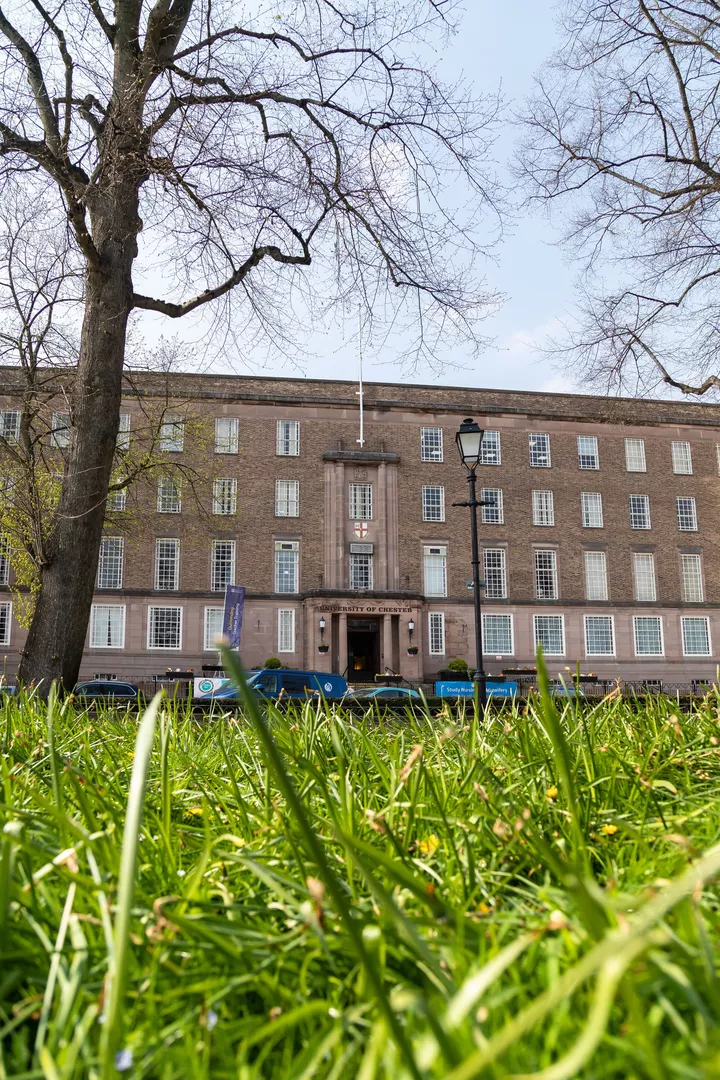-
hello@abroadcube.com
Mail us
-
Call For Help:
98779 83783
-
Whatsapp Us
70090 34921
This degree will equip students to have skills in both hardware/software and to be able to tackle the engineering of smart devices, Internet of Things and Power Electronics systems.
The rapid pace of technological change requires a broad educational background, to be able to design and maintain these smart devices and IoT systems. This degree combines the core elements of Electronic Engineering where hardware inhabits, with cybersecurity and robotics, allowing the student to pull together hardware and software aspects needed to understand modern technology.
Smart devices have considerable influence on how we life is lived, from the pervasive mobile phone to the emerging driverless vehicles. Intelligent Systems are enabled by the Internet of Things (IoT) paradigm, a key ingredient of this MSc, with multiple sensors feeding data over networks, to be processed on the cloud.
Electronic and Electrical Engineering graduates are in high demand, and the University of Chester is committed to helping students meet the challenge of gaining job oriented skills by teaching simultaneously the underpinning theory and practical engineering applications.
The University of Chester's strong local links with industry will provide students with substantial opportunities for practical work experience.
The University of Chester has modern labs for control engineering, power electronics, embedded systems, cybersecurity and robotics where students are exposed to industrially relevant software and hardware, making them ready for employment.
| Level | Masters |
| Discipline | Engineering |
| Duration | 12 months |
| Intakes | Jan, Sep |
| Application Fees | GBP 0 |
| Tuition Fees | GBP 14250 |
| Campus | Exton Park |
| Language proficiency (minimum) | |
| IELTS | 6.5 |
|---|---|
| TOEFL | 88 |
| PTE | 65 |
| Duolingo | Not Required / Waiver |
| Exam proficiency (minimum) | |
| SAT | Not Required / Waiver |
|---|---|
| ACT | Not Required / Waiver |
| GRE | Not Required / Waiver |
| GMAT | Not Required / Waiver |
Minimum GPA - 60%
QS Quacquarelli Symonds is the world’s leading provider of services, analytics, and insight to the global higher education sector, whose mission is to enable motivated people anywhere in the world to fulfil their potential through educational achievement, international mobility, and career development.
THE (Times Higher Education) has been providing trusted performance data on universities for students and their families, academics, university leaders, governments and industry, since 2004. We create university rankings to assess university performance on the global stage and to provide a resource for readers to understand the different missions and successes of higher education institutions.
The Academic Ranking of World Universities (ARWU) was first published in June 2003 by the Center for World-Class Universities (CWCU), Graduate School of Education (formerly the Institute of Higher Education) of Shanghai Jiao Tong University, China, and updated on an annual basis
The "Webometrics Ranking of World Universities" is an initiative of the Cybermetrics Lab, a research group belonging to the Consejo Superior de Investigaciones Científicas (CSIC), the largest public research body in Spain. CSIC is among the first basic research organizations in Europe. The CSIC consisted in 2006 of 126 centers and institutes distributed throughout Spain.

